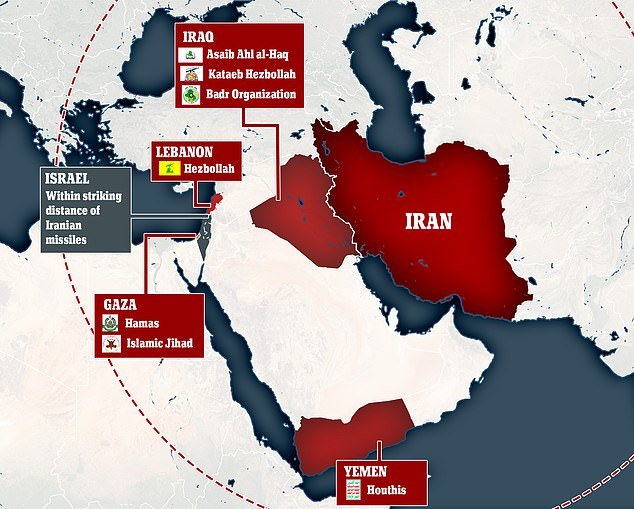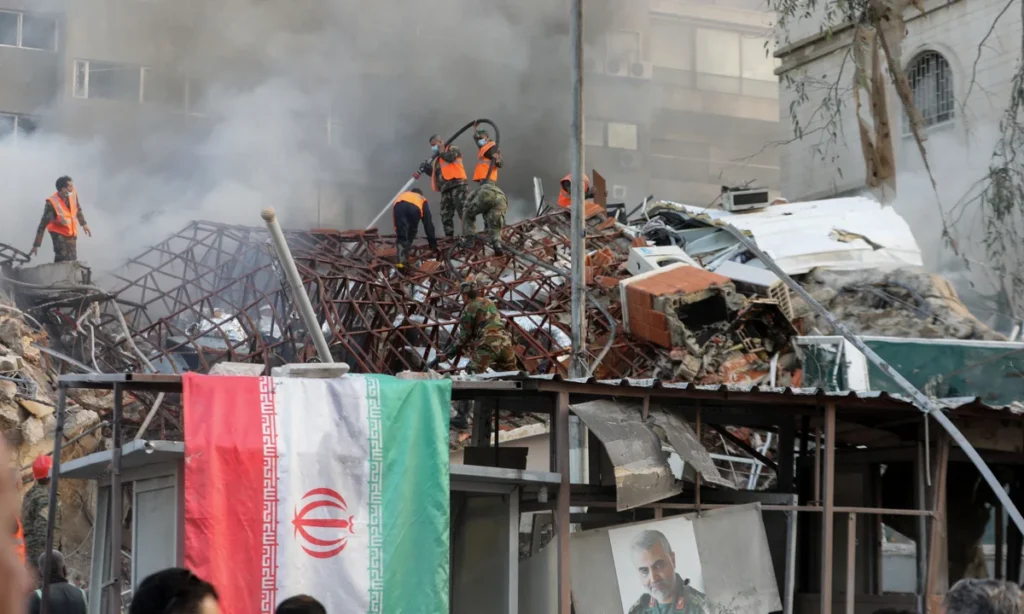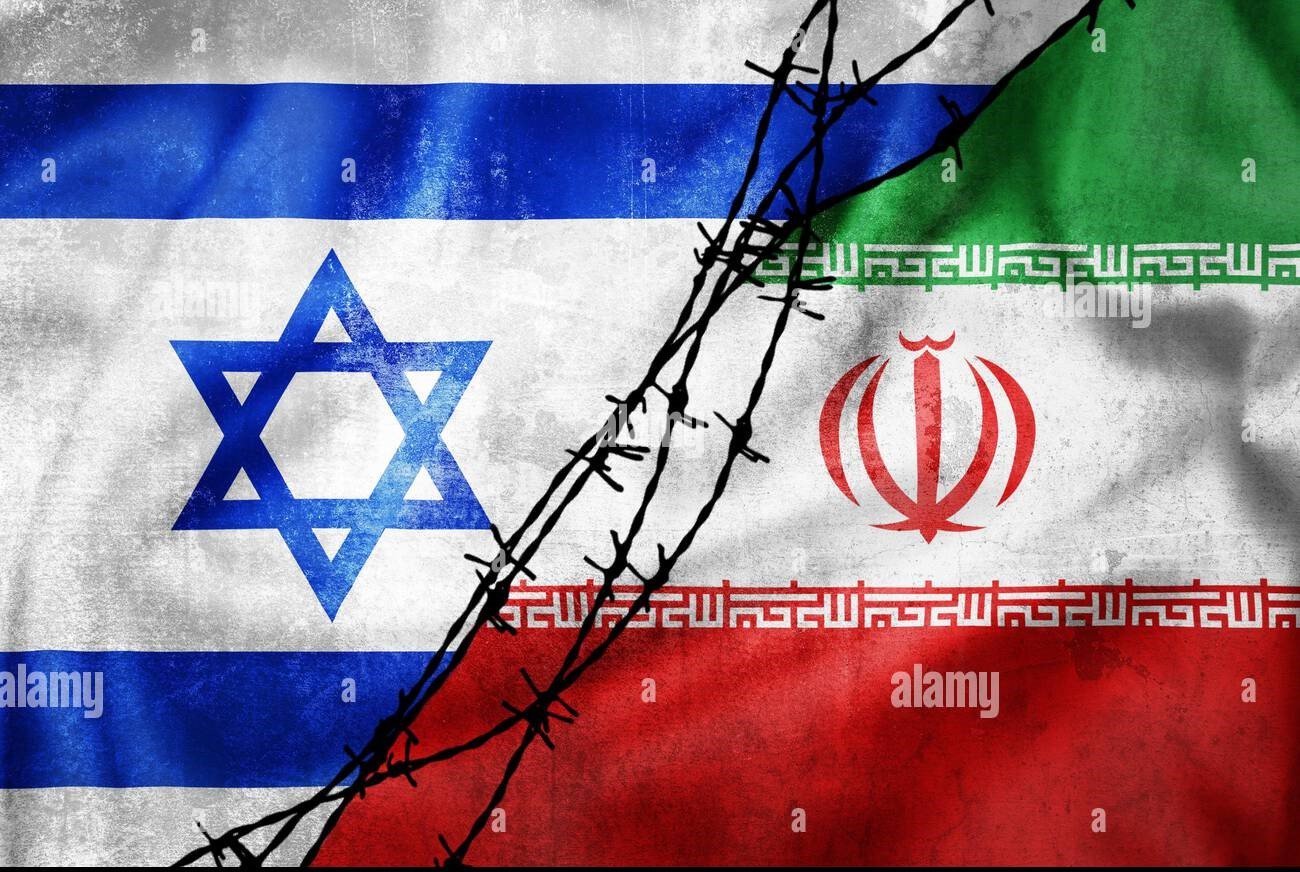The conflict between Iran and Israel has been going on for a long time, with times of high tension and times when things seemed quieter. Despite these ups and downs, the main problems have not been solved. Recently, new events have made this conflict important again, making it a big topic around the world. As the situation changes, it’s important to understand how these changes might affect both the region and global security.

Background of the Conflict
The Iran-Israel conflict comes from deep historical, religious, and political differences. Ever since the 1979 Iranian Revolution, the relationship between the two countries has been full of hostility. Israel sees Iran’s plans to develop nuclear weapons as a major threat to its existence. On the other hand, Iran strongly criticizes Israel for its treatment of Palestinians and its military actions in the region. This ongoing tension has shaped their interactions and continues to drive their conflict.

Diplomatic Efforts and International Reactions
Despite the growing tensions, there have been attempts at diplomatic resolutions. The international community, including the United States and European Union, has urged both nations to exercise restraint. However, with the recent collapse of talks regarding Iran’s nuclear program, fears of a broader conflict are growing.

Potential Consequences
The ramifications of a full-scale conflict between Iran and Israel could be catastrophic, not just for the Middle East but globally. The potential for widespread violence, disruption of oil supplies, and the involvement of other regional powers could lead to a severe crisis.

Conclusion
As the Iran-Israel conflict continues to evolve, the world watches with bated breath. The coming weeks and months will be critical in determining whether this long-standing rivalry will escalate into open conflict or if diplomatic efforts can prevail.

